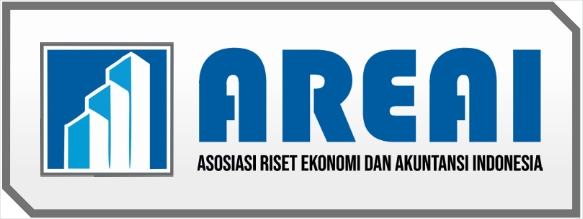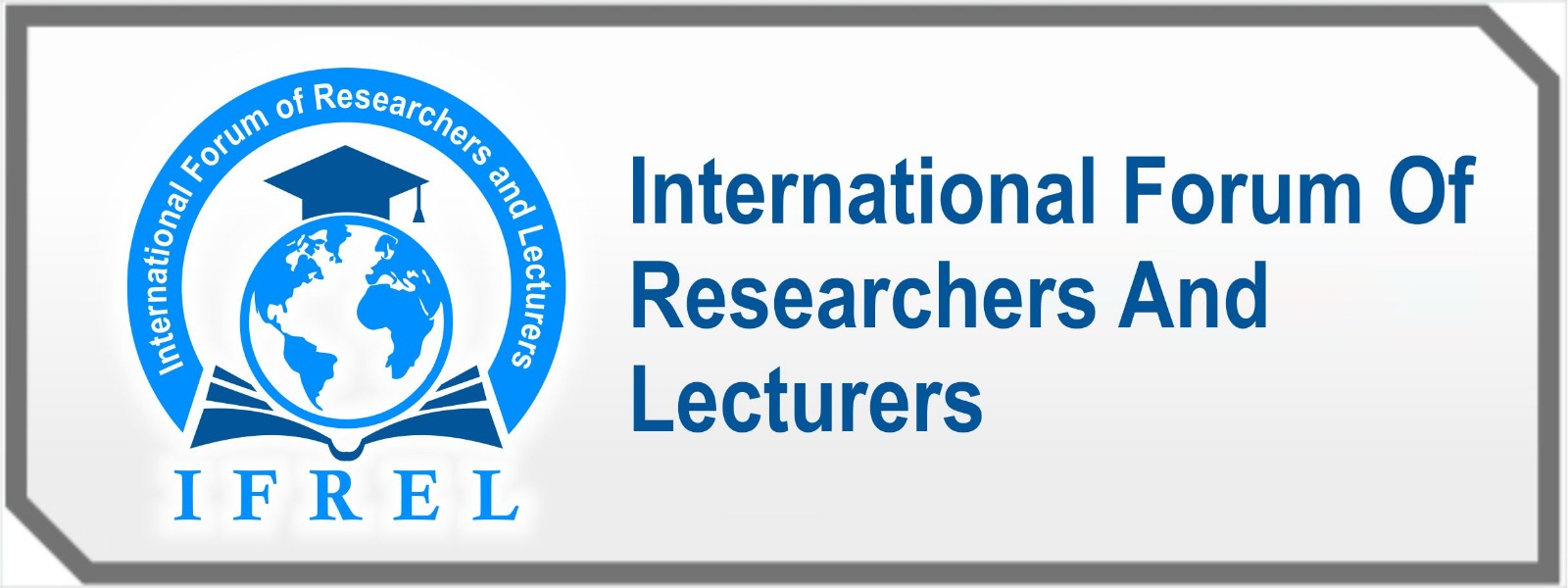ANALYSIS OF INPUT TEAM COMPOSITION (HOCH MODEL) AT THE FACULTY OF ECONOMICS AND BUSINESS RIAU UNIVERSITY ON THE DIGITAL AGE
DOI:
https://doi.org/10.55606/iceb.v1i2.119Keywords:
Surface Level Diversity, Deep Level Diversity, Knowledge, Skills, Ability, Other Individual Diferences, Team CompositionAbstract
The purpose of this study was to determine the input analysis of Team Composition (HOCH MODEL) Lecturer of the Faculty of Economics and Business, University of Riau. Primary data wa s collected through a questionnaire as a tool to prove the results of the study, the dat analysis technique in this study used SPSS, the sampling technique that has been selected is the Descriptive Analysis method (82 Lecturer of the Faculty of Economics and Business, Riau University).
The results show that: 1) Surface Level Diversity at the Faculty of Economics and Business, Riau University is very good with E-learning 2) Deep Level Diversity at the Lecturer at the Faculty of Economics and Business, Riau University agrees that Deep Level Diversity can lead to good things in the Team Composition 3) Knowledge, Skills, Ability at the Lecturer of the Faculty of Economics and Business, University of Riau agrees that Knowledge, Skills, Ability are very important when carrying out Elearning learning 4) Other Individual Diferences at the Lecturer of the Faculty of Economics and Business, University of Riau agrees that Other Individual Diferences are very important important to do in a team in carrying out E-learning learning
References
Ackerman, P. L., Beier, M. E., & Bowen, K. R. (2002). What We Really Know About
Our Abilities And Our Knowledge. Personality And Individual Differences, 33(4), 587605. Doi : https://doi.org/10.1016/S0191-8869(01)00174-X
Al Yusainy, C. (2017). Feeling Full Or Empty Inside? The Role of Individual Differences In The Structure Of Affective Experience. Journal of Psychology, 44(1), 1-17. DOI:
22146/jpsi.18377
Argaheni, N. B. (2020). Systematic Review: The Impact of Online Lectures During the Covid-19 Pandemic on Indonesian Students. Placentum: Scientific Journal of Health And Its Applications, 8(2), Doi: 99-108. https://doi.org/10.20961/placentum.v8i2.43008
Attitudes Important For Present‐ Day Auditors. International Journal Of Auditing, 18(3), 193-205. Doi: http://dx.doi.org/10.1111/ijau.12023
Femi, B. (2017). Application of Diversity Management in Order to Achieve Competitive Advantage (Study at Pt Petrokimia Gresik) (Doctoral Dissertation, Universitas Brawijaya)
Hadi, I. A. (2017). The Importance of An Introduction to Individual Child Differences In
Effectiveness of Education. Inspiration: Journal of Islamic Educational Studies and Research, 1(1), 71-92. http://ejournal.undaris.ac.id/index.php/inspirasi/article/view/5
Harrison, D. A., Price, K. H., Gavin, J. H., & Florey, A. T. (2002). Time, Teams, And Task Performance: Changing Effects Of Surface-And Deep-Level Diversity On Group Functioning. Academy Of Management Journal, 45(5), 1029-1045. https://doi.org/10.5465/3069328
Hendra, N. (2019). The Influence of Knowledge, Skills and Abilities of Human Resources on the Performance of Brick MsMEs in Bukit Tinggi City (Case Study in Mandiangin Koto Selayan District, Bukittinggi City). Journal of Economics, 22(1), 43-56. Doi: https://doi.org/10.47896/je.v22i1. 67th
Kang, Y., & Ritzhaupt, A. D. (2015). A Job Announcement Analysis Of Educational Technology Professional Positions: Knowledge, Skills, And Abilities. Journal Of
Educational Technology Systems, 43(3), 231-256. Doi: https://doi.org/10.1177/0047239515570572
Lifanni, A. M. (2018). Ud Buana Star Employee Diversity Management Analysis.
http://publication.petra.ac.id/index.php/manajemen-business/article/view/7702
Mcclough, A. C., & Rogelberg, S. G. (2003). Selection In Teams: An Exploration Of The Teamwork Knowledge, Skills, And Ability Test. International Journal Of Selection And Assessment, 11(1), 56-66.
Novitasari, D., & Asbari, M. (2020). Leadership Urgency And Ready Mentality
Changes To Employee Performance In The Covid-19 Pandemic Season. Journal of Recommendations (Management Economics Research), 4(1), 66-80. DOI: http://dx.doi.org/10.31002/rn.v4i1.2712
Phillips, K. W., & Loyd, D. L. (2006). When Surface And Deep-Level Diversity Collide: The Effects On Dissenting Group Members. Organizational Behavior And Human Decision Processes, 99(2), 143-160. https://doi.org/10.1016/j.obhdp.2005.12.001
Pio, F. (2020). Use of Team Assisted Cooperative Learning Model
Individualization (Tai) In Improving Learning Outcomes About CompositionAl Functions And Inve FunctionsIn Students Class Xi Social Sciences-1 Semester 2 Magepanda State High School Academic Year 2019/202. Journal of Economics, Social & Humanities, 1(10), 94-106.
Zagoto, M. M., Yarni, N., & Dakhi, O. (2019). Individual Differences From Their Learning Styles As Well As Their Implications In Learning. Journal of Educational And Teaching Reviews, 2(2), 259-265.
















